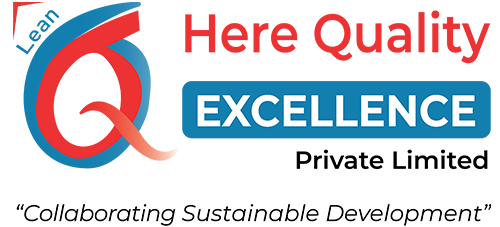3 things which you should keep in mind for a successful implementation:
Firstly, involving key team members in the decision-making process is critical. The team members, particularly functional heads, are the end-users of the ERP system. Therefore, they should have a say in the selection of the software. Including them from the start ensures their commitment to using the system and provides valuable insights into current challenges. The team members can also help in identifying the features and functionalities that are essential for the system to be successful in addressing business challenges.
Secondly, before finalising any software, it is essential to test it. Running at least one project or order cycle from sales inquiry to invoicing enables you to see how closely the software aligns with your best practices and processes. It also helps you to identify any gaps in the software that need to be addressed before implementation. Taking this proactive approach helps you to avoid future failures and ensure a smooth implementation.
Thirdly, onboard a software-neutral professional technical consultant for the software selection phase. The consultant can provide an unbiased opinion on the selection of the software based on your current challenges, budget and time constraints. They can also help you to identify the software that will address your business challenges rather than just having a fancy software that does not meet your needs.
We have helped our clients to optimise their current ERP softwares and also in selecting the best ERP keeping in mind the current challenges, budget, time, effort to ensure it really addresses the business challenges and makes things faster rather than having just a fancy software.”

